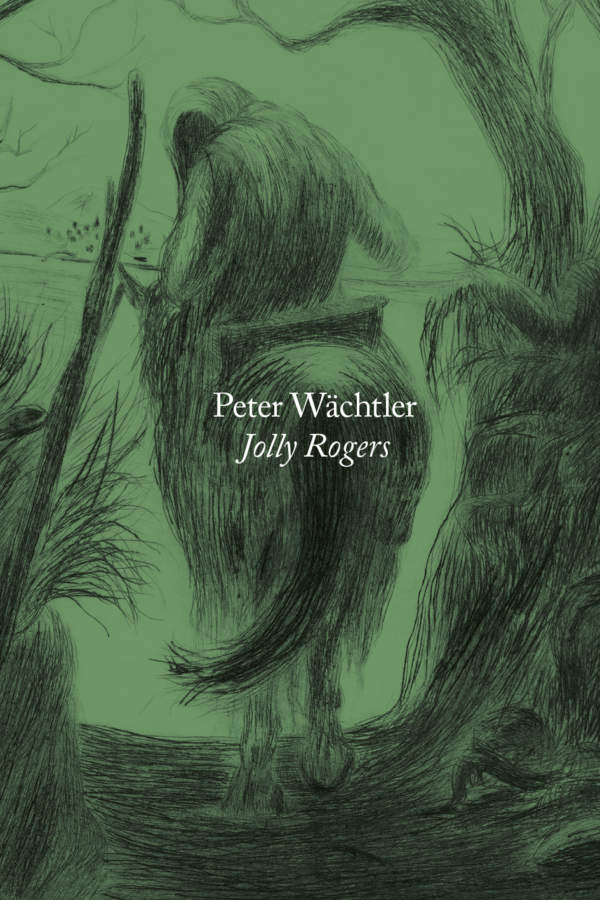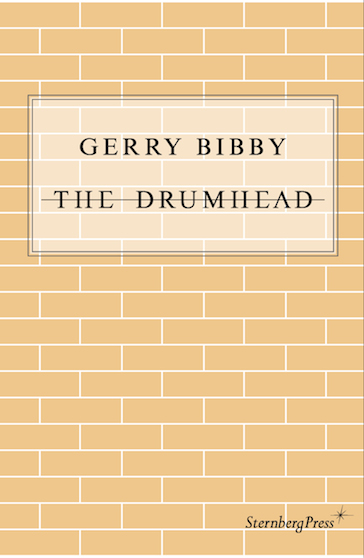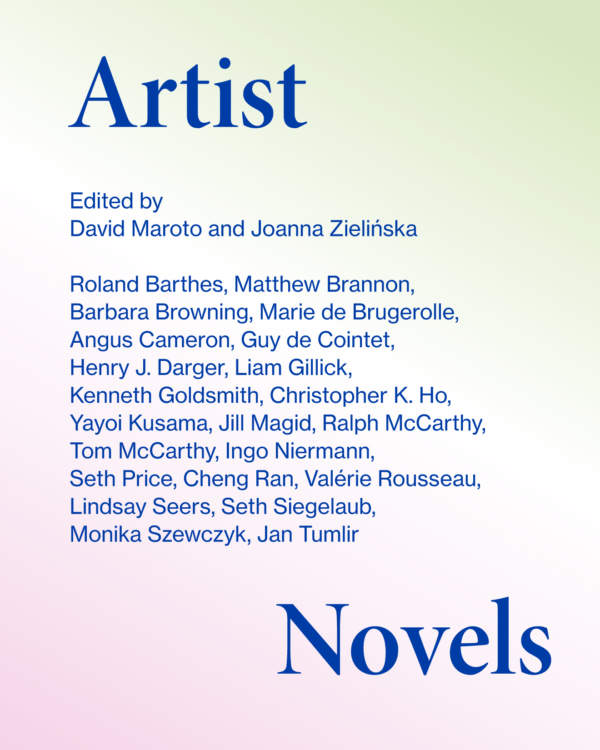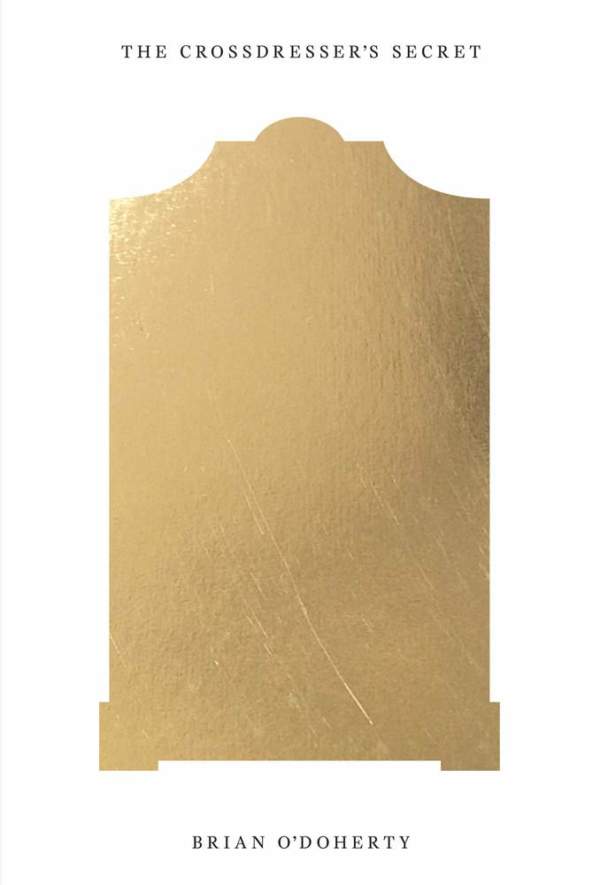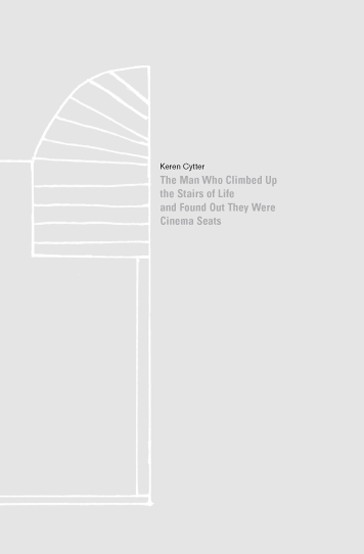Your cart is currently empty.
Cart
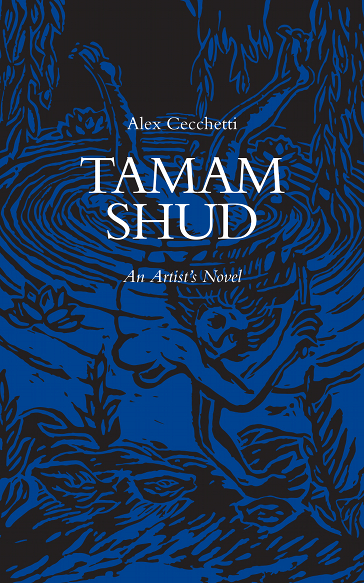
Tamam Shud
An Artist’s Novel
Commissioned by The Book Lovers
“I am dead. Homicide, assassination, accident, suicide, the detectives have come up with nothing. The labels in my clothes, my fingerprints, my shoe size, everything has been unstitched, erased, wiped away, blanched, bleached, and consigned to oblivion. As the only clue, in a secret pocket sewn into my trousers, the detectives found a flimsy slip of paper torn from the pages of a book. On that folded bit of paper just two words, Tamam Shud, ‘this is the end.’ Experts, antiquarians, and opium smokers have been consulted, and all agree that these are the last two words in the Rubaiyat, an ancient collection of esoteric poems written by a Persian poet named Omar Khayyam. What the hell do I have to do with poetry, Persia, and hidden pockets? I can’t even sew on a button. My identity is still unknown and not even I remember much. This is why I have decided to investigate my own death.”
The Tamam Shud narrative emerged through a series of episodic performances and an exhibition by Alex Cecchetti at the Ujazdowski Castle Centre for Contemporary Art, Warsaw. For two years the writing process and the artistic process were interwoven, feeding each other as they evolved. The art project and the artist’s novel are linked together as much as the life of the victim is connected to the piece of paper found in his pocket.
